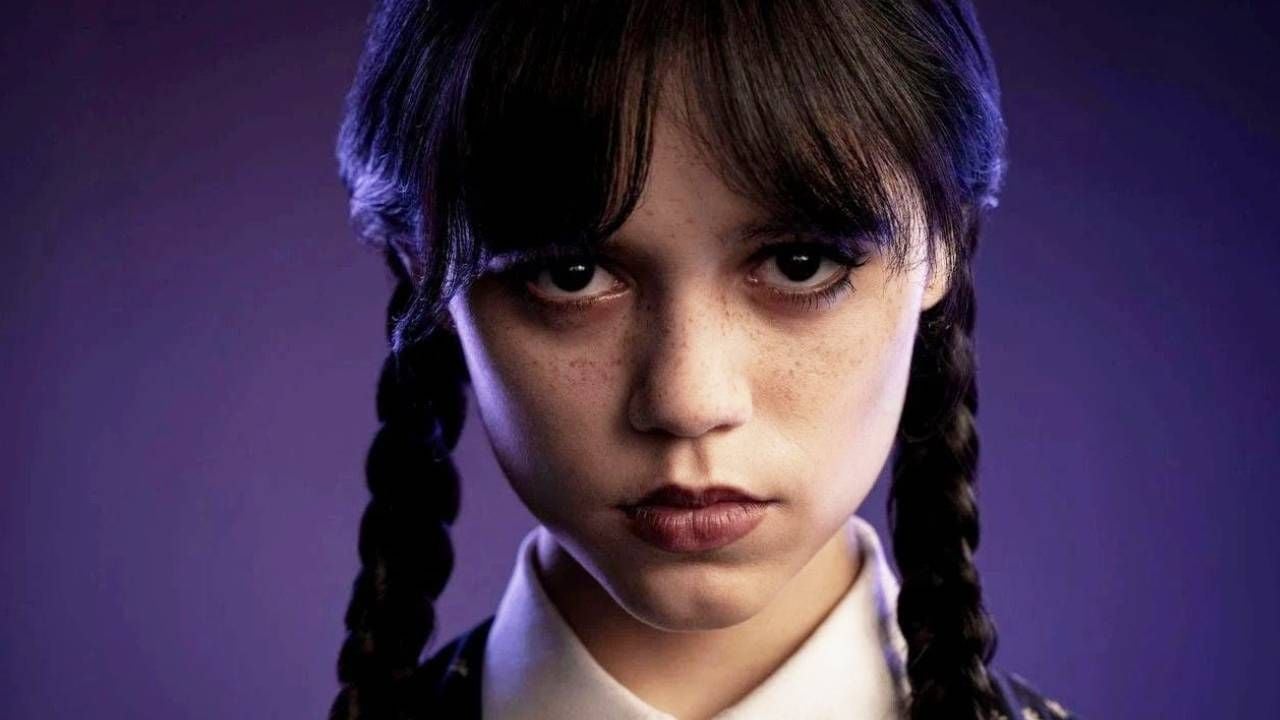The current scenario is very different from what the PT faced in 2003: the economic and budgetary problems are much greater and the rejection of the PT is strong by a large part of the population and the political class. When Luiz Inácio Lula da Silva takes office as President of the Republic on 1 January 2023, he will not be able to escape the confrontation with Lula who, in 2003, received the sash from the hands of Fernando Henrique Cardoso.
The Social Democratic president had given him a well-founded economy, which served as the basis for economic growth and poverty reduction in the previous PT government.
Even so, Lula spoke of a “cursed legacy.” Fernando Henrique had reacted to rising inflation in 2002 by raising base interest rates. “This time Lula will know what a cursed legacy is, in fact,” comments political scientist Carlos Melo, from Insper.
Note that Jair Bolsonaro leaves budget problems and complicated relations with Congress.
Lula will have to negotiate
“Compared to 2003, the challenges are immense. He will have to recover the budget, and for this he needs to build a different relationship with the parliament. Because he will need to pass laws, he will need money, and for this, to support the politician in parliament “Melo says.
The right, after all, has extended its mandates in the 2022 election, which makes things more difficult for the PT. “The Bolsonarist forces and the so-called centrão parties are in the majority. Lula will have to negotiate with them”, completes the political scientist.
A decisive point in Lula’s relationship with Congress will be the way in which the new president will deal with the rapporteur’s amendments, used in the Bolsonaro government to allocate billions of reais from the Union budget to the electoral bases, in exchange for support for Congress.
In the campaign, Lula had promised an end to the rapporteur’s amendments, also known as the secret budget, but they ended up becoming a bargaining tool for Congress, in the figure of its president, Arthur Lira, one of the center-right leaders.
That was until the Federal Supreme Court (STF) found the secret budget unconstitutional, two weeks before the inauguration. With that, Lira has lost an important tool of pressure on Lula. Everything indicates that the president-elect will have to “calm down” the centrão by other means, such as government posts.
It should not be forgotten that, in 2015, then-President Dilma Rousseff was involved in a power struggle with the then Speaker of the Chamber of Deputies, Eduardo Cunha, which paved the way for impeachment. Therefore, Melo says the best Lula can do is negotiate with the legislator.
Lula of 2023 is not the Lula of 2003
The current political context is not comparable to that of 2003, says political scientist Marco Antonio Carvalho Teixeira, of the Getúlio Vargas Foundation. “Also because the result of the polls is different”.
In 2002 Lula obtained more than 61% of the votes; last October, only 50.9%. “In 2002 Lula was almost a consensus, there wasn’t the refusal that there is today”.
Teixeira points to the corruption scandals that gripped Lula and landed him in prison for a year and a half in 2018. Although the convictions have been overturned, the cases have tarnished the image many Brazilians have of Lula.
Even weeks after the election, Bolsonaro supporters continued to protest on the highways and in the fields against the victory of the PT, demanding military intervention. “At less than 2%, the result is narrow, and now there are groups that oppose it. He must get over it soon”.
For the expert, Lula’s correct answer would be the formation of a government of national unity, bringing together various political currents. This really seems to be the trend. If in 2003 the PT dominated the government, this time Lula is trying to include right-wing forces, such as the União Brasil party.
immediate results
Melo believes Bolsonaro’s silence after the presidential election has contributed to coup protests across the country. As soon as the new government changes the general commanders of the Armed Forces, the demonstrations should cool off by themselves.
Even so, Lula will soon have to show results in reducing resistance to his third government. And it won’t be easy.
“Brazil is going through an economic crisis greater than that of 2002,” assesses Teixeira. It is true that the macroeconomic situation has improved in recent months, but this is also due to electoral gifts from the Bolsonaro government, such as the Auxílio Brasil and the gas voucher.
But this has created such large budget gaps that Lula will need Congressional authorization to exceed the spending ceiling and obtain a majority for a necessary tax reform, already announced as a priority by future finance minister Fernando Haddad.
Former central bank president and former finance minister Henrique Meirelles estimates that the tax gap could reach R$400 billion. “If Lula doesn’t make a good political stitch now, she risks facing a very strong political rejection, which could already put the government in crisis. Which is very different from 2002”, Melo assesses.
Earnings internationally
On the international stage, by contrast, the new government may soon show results, as Bolsonaro’s legacy on issues such as the environment and human rights is very bad. “Bolsonaro’s international legacy is bad, on big issues like climate change and human rights. Only Lula’s election gave him space,” says Teixeira. The president-elect’s visit to COP27 in Egypt sent out a strong signal, he comments.
But Melo estimates that there will also be internal challenges on the environmental issue. In the presidential elections, Lula lost in all places in the Amazon where deforestation is high.
Lula will have to act against the destruction and offer alternatives to the people living in these areas, so that the wealth of the forest is used in a sustainable way.
Furthermore, Lula will have to involve the agricultural sector, which is very important for Brazilian exports.
“Brazil’s international image will come mainly from its environmental policy. If there is no environment, forget everything else, forget geopolitics. We don’t talk about it, to recover our international reputation,” says Melo.
If Lula, on the other hand, obtains immediate results, Brazil will be able to count on foreign investments in environmental protection and sustainable economic use.
No new commodity boom
They would be important stimuli for growth in a difficult scenario such as the current one. But the phase of strong growth of China, which supported Brazilian exports during the first two governments of Lula, is over.
At the same time, imports of cheap products from China have led to a dangerous deindustrialization of Brazil. Teixeira believes that Brazil urgently needs a new policy of incentives for the industry.
“Brazil will have to use technology and continue to support innovative sectors, because otherwise we will become a country of only agricultural producers and, above all, importers of industrial goods. An industrial policy is urgently needed”, he comments. Avoiding this is urgent, she says.
+The best content in your email for free. Choose your favorite Terra newsletter. Click here!
Source: Terra
Camila Luna is a writer at Gossipify, where she covers the latest movies and television series. With a passion for all things entertainment, Camila brings her unique perspective to her writing and offers readers an inside look at the industry. Camila is a graduate from the University of California, Los Angeles (UCLA) with a degree in English and is also a avid movie watcher.






